Get a Quote
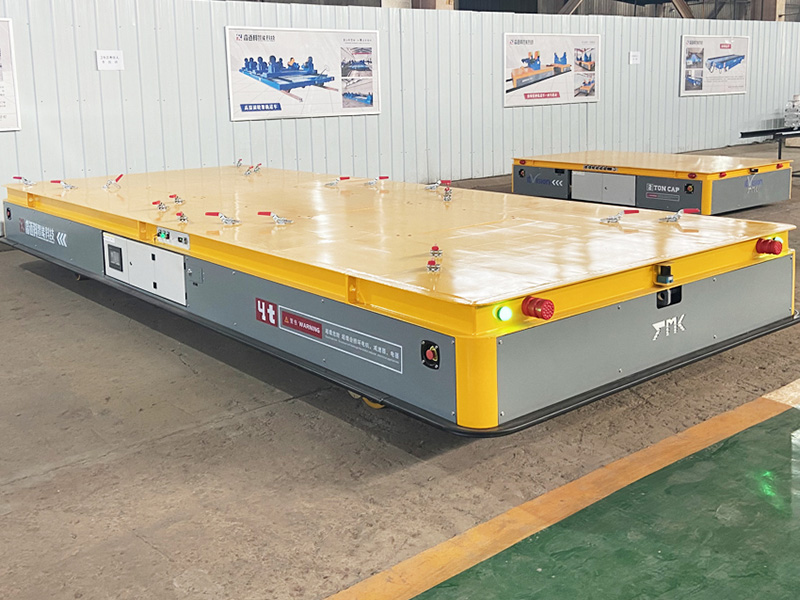
The carts are built with sturdy frames and durable wheels, making them capable of handling heavy loads. They are made from high-grade materials that can withstand harsh industrial environments and rough handling. The carts come in various sizes and shapes, depending on the nature and quantity of the items being transported.
Some of the common features of industrial material handling carts include a low center of gravity, brakes, and safety mechanisms to prevent accidents. They also have built-in handles or towing mechanisms, making it easy to move them around the facility. The carts can either be pushed by hand or towed using a forklift or a tugger.
These carts are commonly used for transporting items such as raw materials, finished products, pallets, and equipment. They are versatile and can be used for indoor and outdoor applications. Some of the specialized carts include platform carts, towable carts, shelf carts, and tilt carts.
In conclusion, industrial material handling carts are essential equipment in any industrial setting. They make it easy to move heavy and bulky items within a facility, reducing the need for manual labor and increasing productivity. With their robust construction and safety features, they are an ideal solution for material handling challenges in any industrial environment.

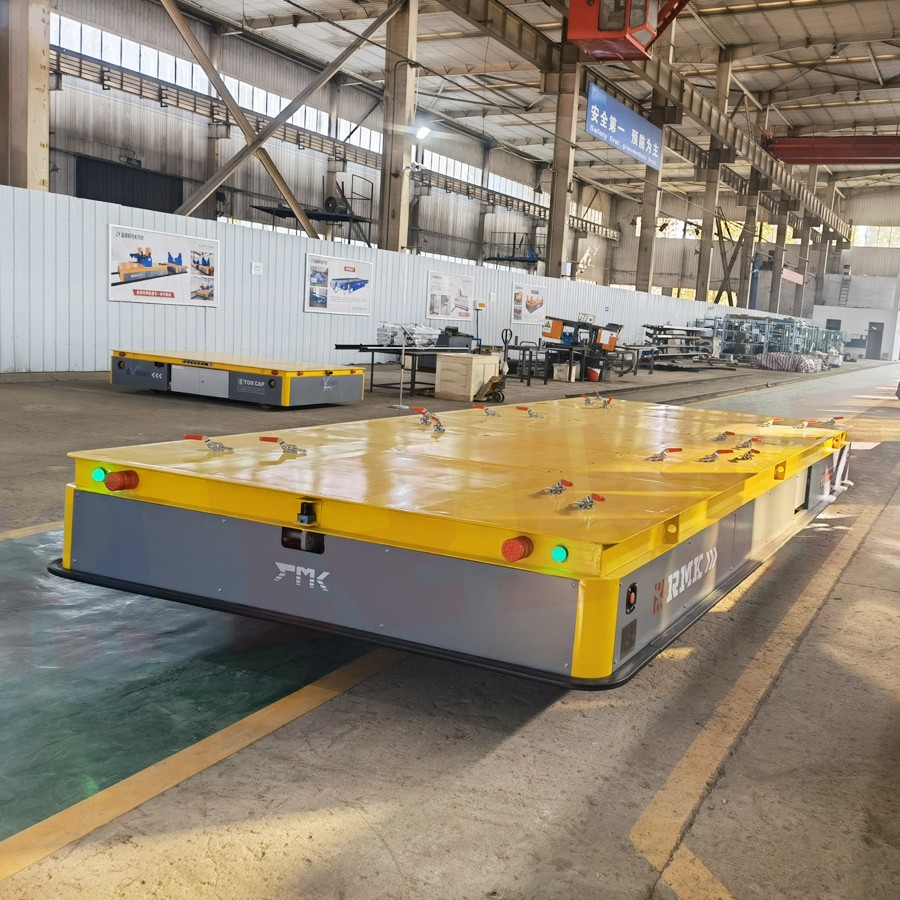


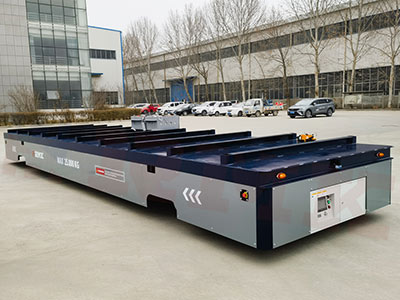 Intelligent trackless transfer cart
Intelligent trackless transfer cart
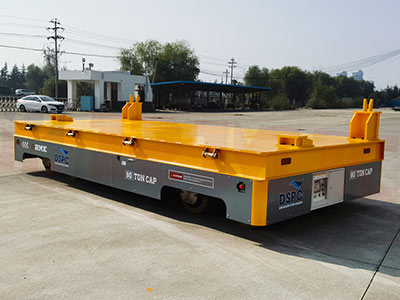 Trackless transfer cart applied in the water conservancy industry
Trackless transfer cart applied in the water conservancy industry
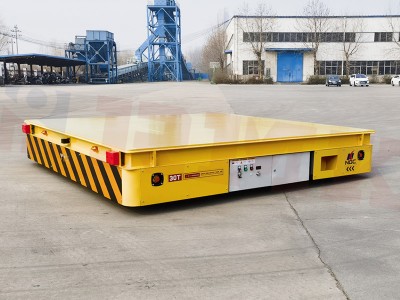 Motor factory handling cart 30 tons battery transfer cart
Motor factory handling cart 30 tons battery transfer cart
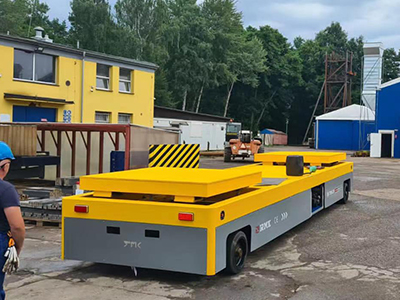 Industrial 30 tons hydraulic lifting heavy-duty trackless transfer cart
Industrial 30 tons hydraulic lifting heavy-duty trackless transfer cart
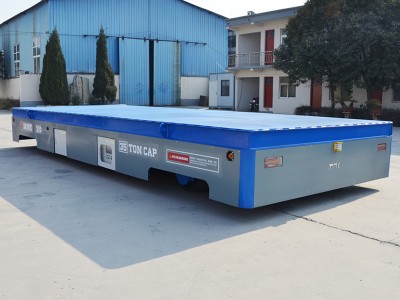 Customized trackless transfer cart
Customized trackless transfer cart
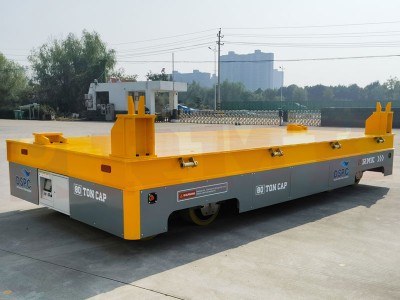 80 tons hydraulic steering trackless trolley
80 tons hydraulic steering trackless trolley
 Intelligent trackless transfer cart
Intelligent trackless transfer cart
 Trackless transfer cart applied in the water conservancy industry
Trackless transfer cart applied in the water conservancy industry
 Motor factory handling cart 30 tons battery transfer cart
Motor factory handling cart 30 tons battery transfer cart
 Industrial 30 tons hydraulic lifting heavy-duty trackless transfer cart
Industrial 30 tons hydraulic lifting heavy-duty trackless transfer cart
 Customized trackless transfer cart
Customized trackless transfer cart
 80 tons hydraulic steering trackless trolley
80 tons hydraulic steering trackless trolley
At the very beginning of formulating a solution, our engineers will predict the faults that might occur during the equipment utilization relying on their rich experience, and avoid quality risks in advance.
Before getting inside the warehouse, all steel plates must be pretreated and testified to be qualified.
There is quality inspection in every process. The previous process can be allowed to enter the next one only if it is qualified. The whole process inspection records must be well preserved.
Before delivery, all the transfer carts/trolleys must undergo performance test, including load forward and backward, obstacle avoidance, omnidirectional mobile, slope climbing, lifting, wireless remote control, etc.